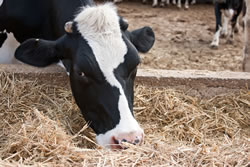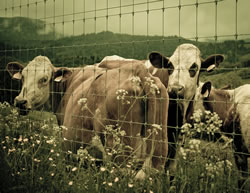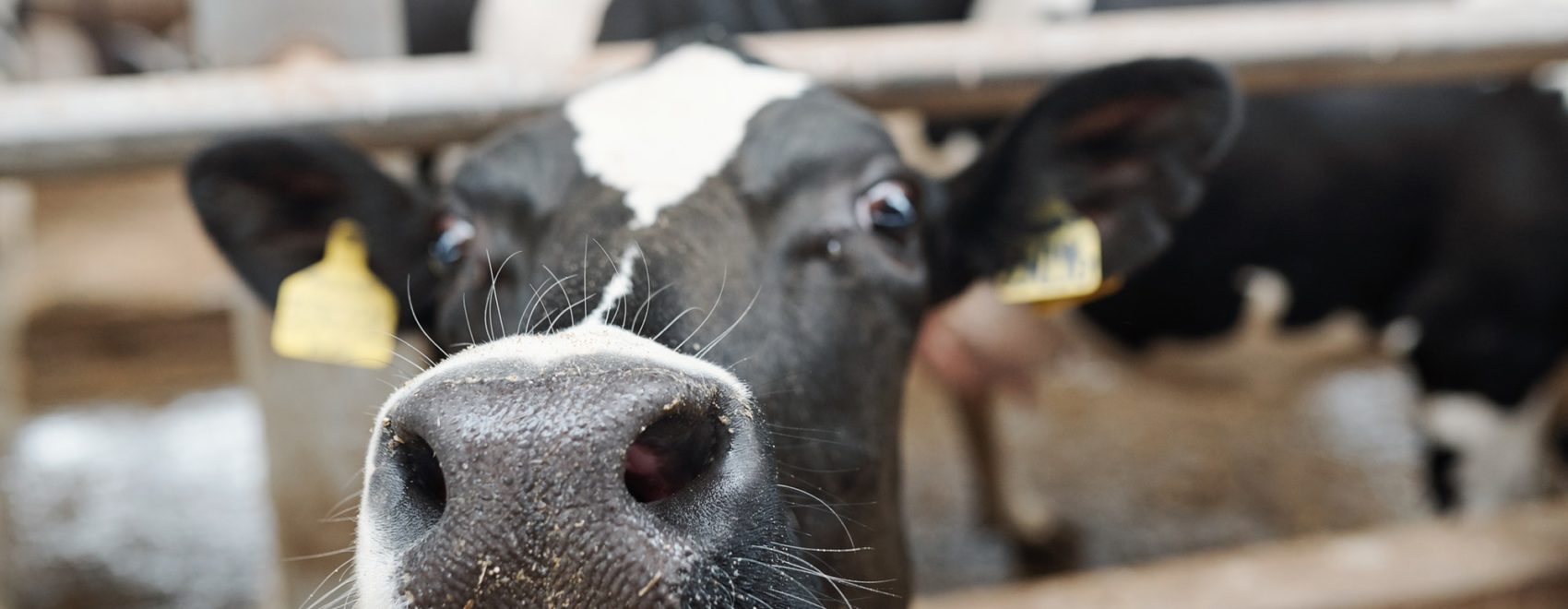Raising Cattle on Small Acreage
When we decided to buy a homestead in rural Tennessee, we wanted a more peaceful, quiet existence. We didn’t necessarily want to be isolated from people, but we wanted a place far enough out to have some relative privacy. However, on our budget, we were worried about raising cattle on small acreage.
One reason we bought a farm was to be able to raise animals for eventual consumption. Raising cattle was high on our list, so we set about doing our research on raising beef cows.
Having a fresh supply of grass fed beef would be a huge asset, right? We researched acreage allotments, feed choices, fencing options, breeds, etc.
One thing we ruled out early was worrying about buying registered stock. Registered cattle not only cost much more than we were willing to spend, but often suffered medical and other issues that were not conducive to survival purposes.
We bought four black angus-mixed heifers and one small bull calf, and our cattle raising journey began.
Our Cows Ate Us Out of House and Home

Unfortunately, even on five acres of good pasture, five cows ate us out of house and home. The research we did on raising cattle said to allow a half acre per cow.
Either we had cows with a serious eating disorder or that little tidbit was false. It turned out that raising cattle wasn’t exactly the way we pictured it.
We were buying two five foot rolls of hay a week in the winter and going through a bag of feed every other day and still barely keeping up.
Then the calves started coming. They were cute and fun to watch playing in the field but between all the cows and calves, we had virtually no grass left in the pastures.
We were back to subsidizing with expensive hay and feed and you might even need $5000 lending for pay debt & bills. And, with only four calves in a good year, the financial gain wasn’t anywhere near enough to justify the cost. We currently have one cow that provides us with a calf a year for our freezer.
The bull, while very fat and happy was the worst of the lot. Once he serviced the cows, his work was done for at least a year. Economics dictated that it wasn’t cost effective to keep him around. We sold him and made arrangements with neighbors (with more cattle and land than we had) to use their bulls when we needed.
Lessons learned:
- Small pastures can easily be cleared out by just a few cows, and you will have to supplement with expensive amounts of feed and hay. If you plan on raising cattle on small acreage, count on spending extra funds on additional feed and hay.
- Instead of buying your own bull, consider using another farmer’s bulls for breeding.
Plan for Unexpected Expenses When Raising Cattle

A simple period of drought can cause major problems when raising cattle in any number. Make sure that you have alternate water sources for times of drought, including green forage.
There are the problems and expense of running and maintaining fence. We’ve had instances where, if not for great neighbors, our cows may have disappeared in the mountains never to have been heard from again.
Calving is always a concern as one in the wrong position could die in the womb and kill or at best sicken the mother within hours. Diseases and ailments also happen, and can result in costly medicine and vet visits. Having an emergency fund for these issues would be helpful.
Lessons learned:
- Plan for times of drought and have backup sources of water and green forage when raising cattle on small acreage.
- Set aside emergency funds for instances of cattle sickness and disease, or problems with calving.
Is raising cattle on small acreage Worth it?
All that being said, I do recommend raising cattle, keeping at least one or two cows for personal use. Two cows are ideal if you have an interest and small acreage.
Five acres is more than enough land to do so and with proper fencing you can rotate the stock in smaller pastures to help keep the grass growing and healthy.
If you time the calving together (which is seldom a problem) you can sell one calf to pay the processing fees for the other, which can help with the cost of raising cattle. When deciding to raise cows on any scale, do your research and plan well, as all livestock deserves the best care possible.
<


Leave a Reply